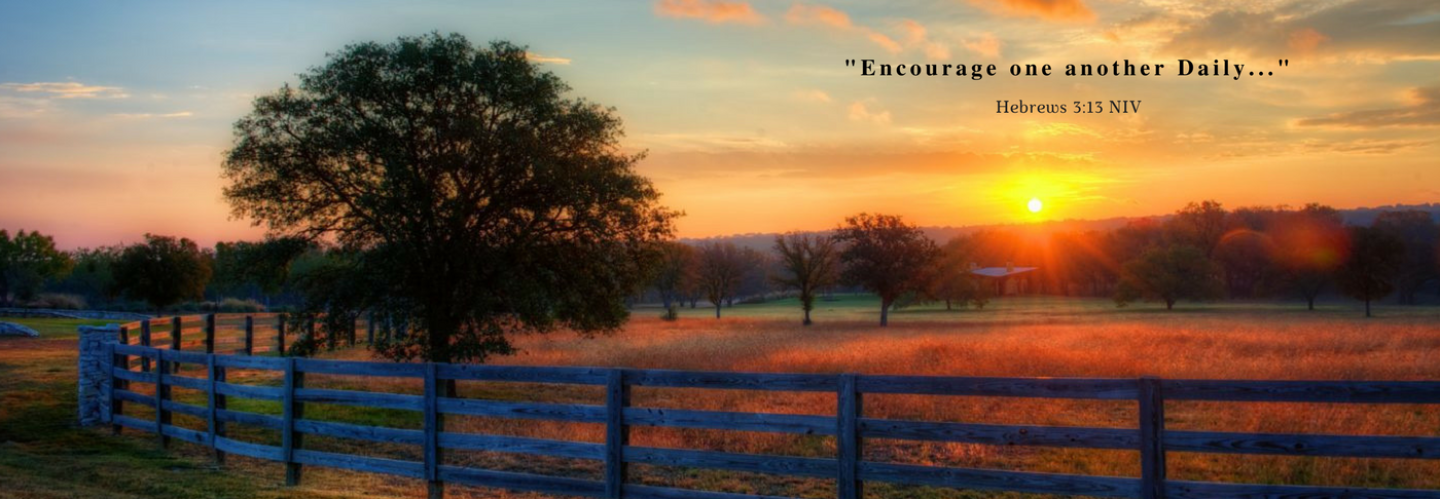
“All we can do is pray.” Really?
I hear this phrase, “All we can do is pray”, over-and-over when people face seemingly impossible situations, whether it is a terminal illness, a child who has wandered, or the loss of a job. Recently I’ve heard these words expressed about the war in Ukraine and the rapidly unfolding humanitarian crisis brought on by the conflict.
I understand the sentiment. As we watch desperate Ukrainian women and children, many with only the clothes on their backs, fleeing for safety, our hearts break and we feel helpless, impotent. Overwhelmed by the hopelessness of the situation, we think, “All I can do is pray.”
I have two problems with this expression. First, it makes it sound like prayer is our course of last resort – when all else fails we’re left with prayer, with no real expectation our prayers will be answered. Prayer is seen as an act of desperation, rather than an act of faith.
The truth is prayer should be our first resort, our go-to response in every situation, whether a loved one’s illness or a world crisis. Philippians 4:6 tells us to, “in every situation, by prayer and petition, with thanksgiving, present your requests to God.”
No matter the situation, prayer is the most important thing we can do, because “The prayer of a righteous person is powerful and effective.” (James 5:16). Prayer can open prison doors, heal disease, raise the dead, move mountains, and, yes, even stop wars. It is the most powerful weapon in our arsenal and, too often, the last one we reach for.
My other problem with the expression, “All we can do is pray”, is it is a blatant lie! It’s a way for us to abdicate our responsibility and go on with our peaceful, mundane lives, ignoring the cries of the suffering and desperate around us or on the other side of the world.
The truth is there is always something we can do. When a friend is ill, we can hold their hand, soothe their fevered brow, even empty their bedpan. In the face of poverty, we can donate clothes or money, help in a shelter, or provide someone with a job.
With the refugee crisis in Europe, we can contribute to agencies such as ADRA or the Red Cross who are providing much needed relief. We can use social media to raise people’s awareness and offer concrete ideas of ways to help.
When refugees come to our shores, we can welcome them with open arms and open doors, following the example of our Heavenly Father, who “loves the foreigner residing among you, giving them food and clothing.” (Deuteronomy 10:18).
This week, when you face a seemingly impossible situation, whether at home or across the sea, remember prayer isn’t all you can do. It is the most important thing you can do. So get down on your knees and tell God about the need. Then get up and get to work, showing God’s love to others, not just “with words and speech but with actions and in truth.” (1 John 3:18).
